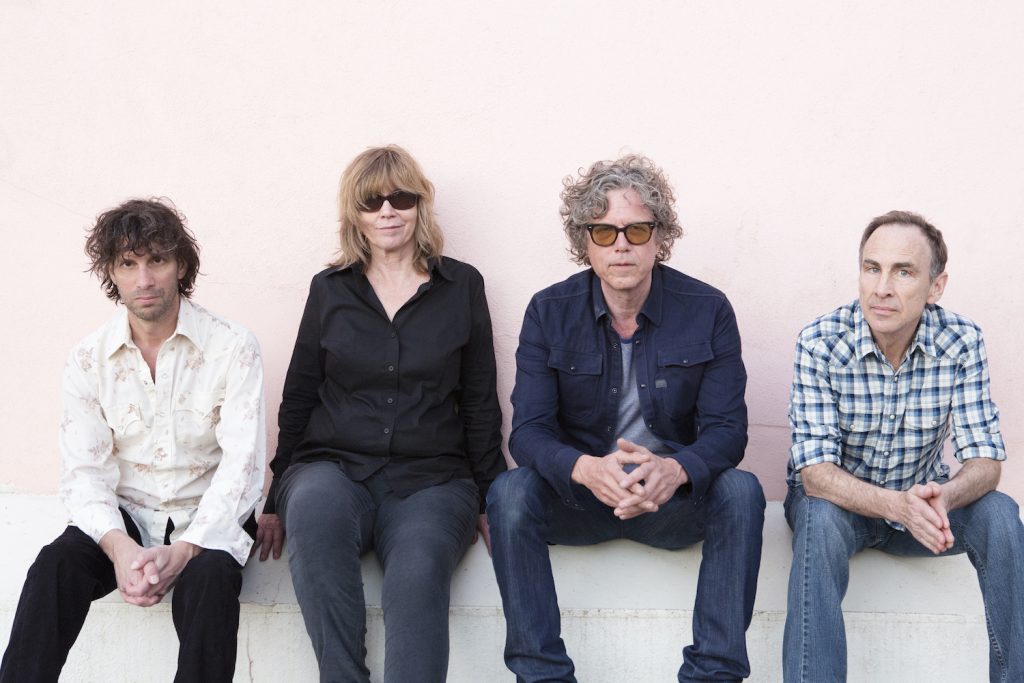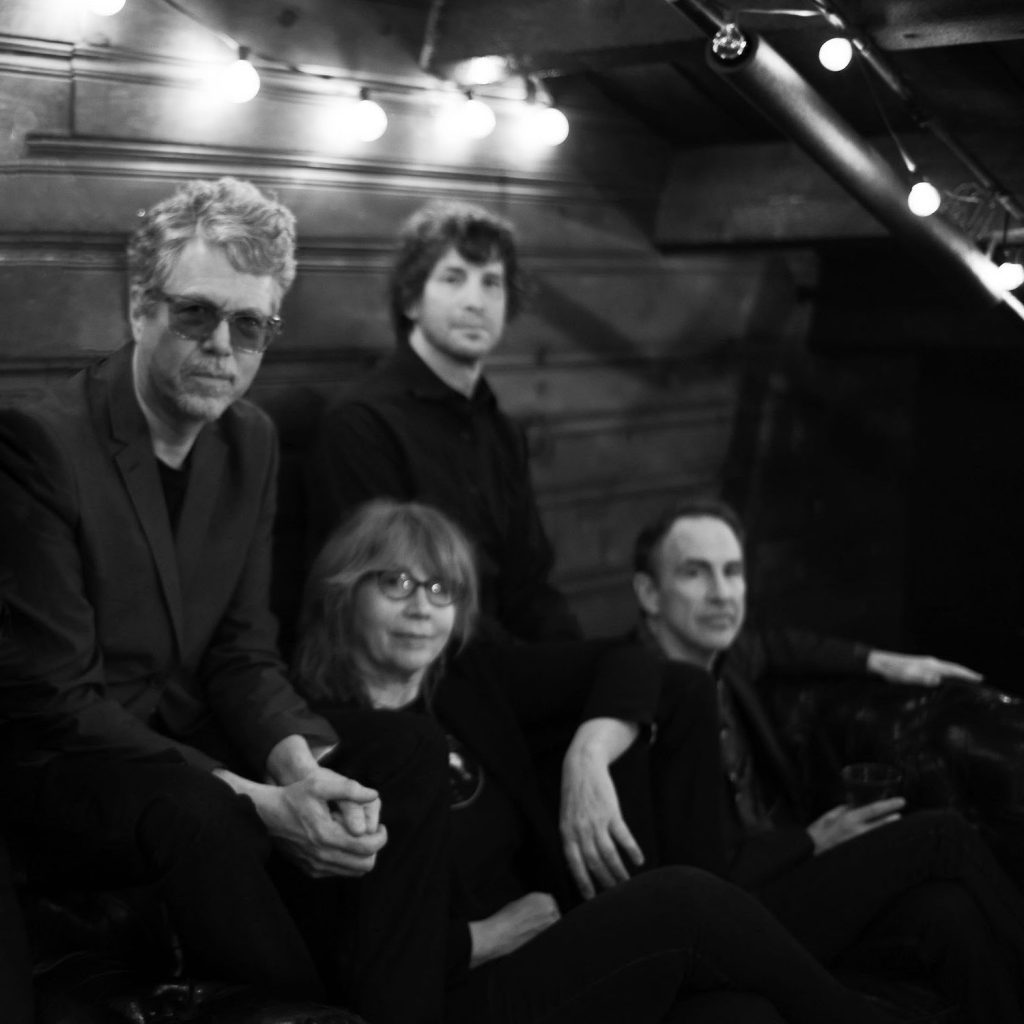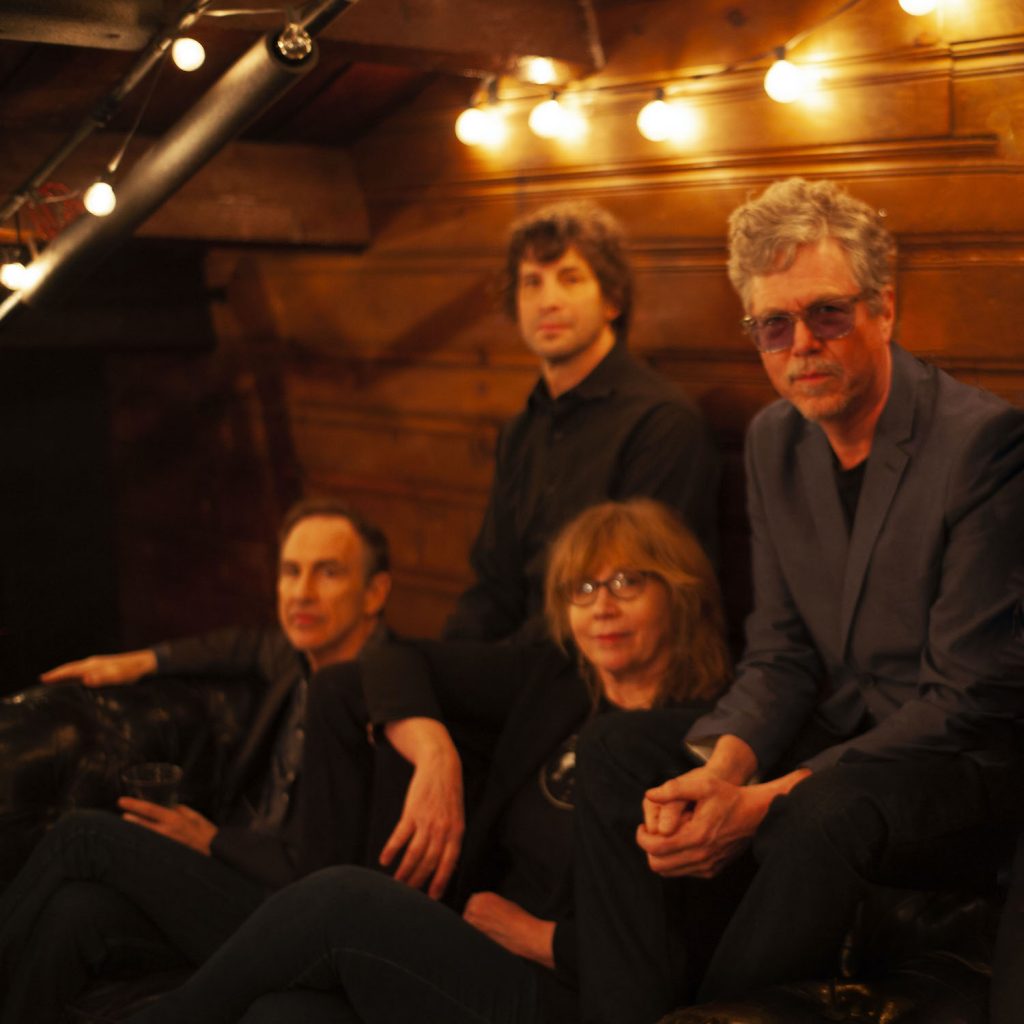
Tim O’Reagan is about as unassuming as they come. You might even call him the “quiet Jayhawk” (not that anyone else in the group is particularly loquacious). As the drummer for one of Minnesota’s finest bands, he’s been reluctant to step into the spotlight, even when he has a solid set of his own material that deserves to be heard (see his 2006 self-titled album).
For the new XOXO (Sham/Thirty Tigers), Jayhawks leader Gary Louris coaxed some great new music out of O’Reagan. The other Jayhawks also get their shot on this willfully democratic project. But it’s O’Reagan’s contributions that stand shoulder to should with the latest batch of high-quality Louris tunes—especially Alex Chilton-inspired nostalgia workout “Dogtown Days.”
With any touring behind XOXO postponed until at least November, O’Reagan has plenty of time for interviews. We caught up with him at his Minneapolis home, which happens to be directly in an airport flight path. After stepping away briefly to close a window, he submitted to our questioning.
I’m assuming you’re doing pretty much what everyone else is doing these days.
Yup, trying to stay sane, not read too much of the news and stay productive. There’s so much downtime, but for some reason, it’s hard to get going on things.
I just finished reading Bob Mehr’s Replacements biography, Trouble Boys, and your name came up.
I haven’t read it. I wasn’t up here when they were the buzz. I was still down in Kansas writing songs and playing in cover bands. I came here right at the end of their run. Things were kind of disintegrating, and Paul Westerberg was trying to figure out what he wanted to do. I moved here with a few other guys, and we formed the Leatherwoods and got on Medium Cool, part of the Twin/Tone label. (Twin/Tone’s) Peter Jesperson gave Paul a call, and he agreed to help us out in making a record (1992’s Topeka Oratorio). I got to know him a little bit.
You’ve contributed songs to past Jayhawks albums, most notably 2003’s Rain Day Music. How was this one any different?
It was self-produced, so we were each in the driver’s seat for our own songs. It was more hands-on, so there was less sitting around waiting for your turn to do something. There was a lot of discussion and figuring things out together.
Yet it still sounds like a unified record.
I think that’s the technical end of it, in the mixing and mastering and stuff. We discussed trying to retain some cohesiveness between the songs a little a bit, but we certainly didn’t obsess over that.
Was it difficult for you to pick your contributions?
As a group, we voted on which songs held up and which ones didn’t. There weren’t any knock-down-drag-out discussions. It was all very cordial and easy to arrive at a consensus.
“Dogtown Days” may be my favorite song on the album. What was its inspiration?
It’s based on some personal history and was written quite awhile ago. It’s a basically about selfishness, regret and trying to regain something that was lost.
Where did you do the recording for XOXO?
Pachyderm Studios, a great old family vacation house outside of Minneapolis with an indoor pool and a sauna. The studio is about 30 yards from the house. We were there for about 12 days, and then we did some recording and mixing at Ed Ackerson’s Flowers Studio. Ed had recently passed away from cancer, and he had one of the more popular studios in Minneapolis. His death was a big blow to the local music community, and recording there was emotional.
The Jayhawks have kept it going now for more than 30 years. They’re sort of the opposite of the Replacements.
It certainly seems that way. [Laughs] The relationships go back a long way now, and everybody’s more mature. Some of the edges have softened. But there was a lot of stuff in between.
Like the brief reunion with cofounder Mark Olson in 2011. I saw two shows on that tour. Let’s just say that the one at the beginning of the tour had a very different energy than the one at the end.
[Laughs] That’s interesting. I would’ve liked to have your perspective on it at the time.
What about another shot at a solo album?
As far as me fronting a band or doing my own thing, that’s something that’s still a challenge. I tried it, and it was bad timing: 2006, when the whole industry was tanking. I managed to get a major-label deal—a small one—and it just fell on its face, like a lot of things did then. I may still try again. We’ll see.
—Hobart Rowland








